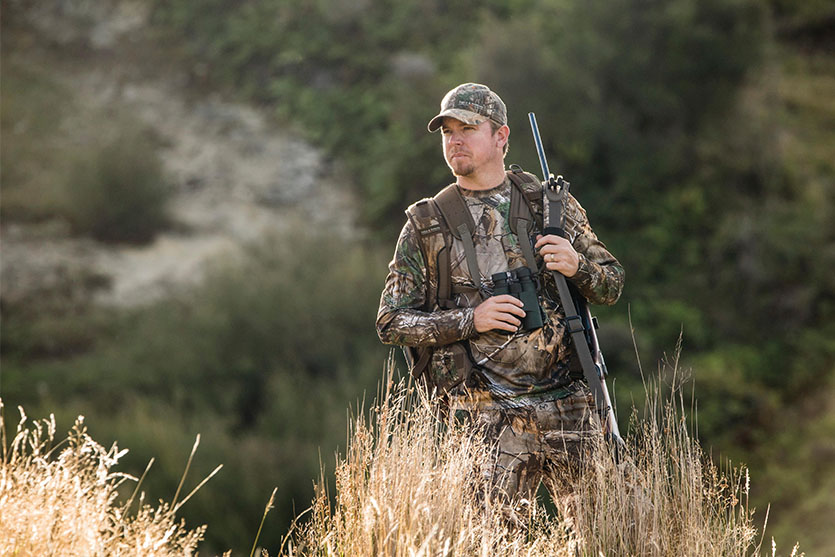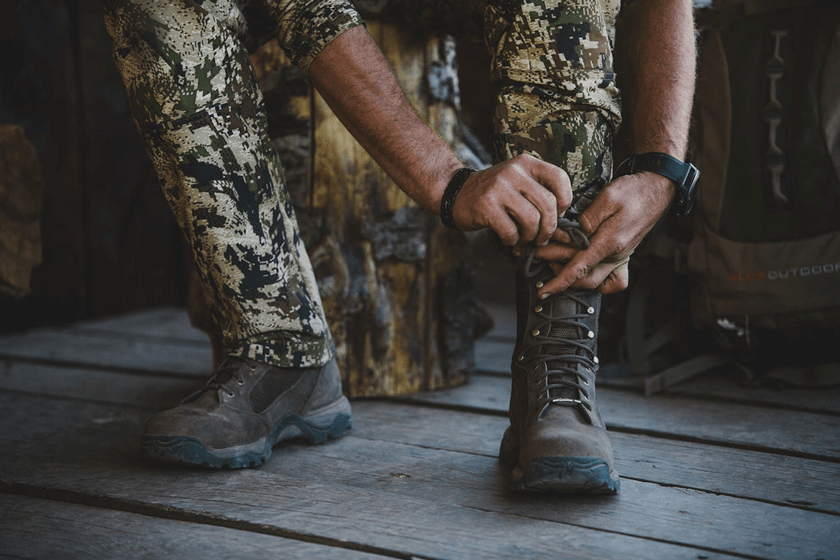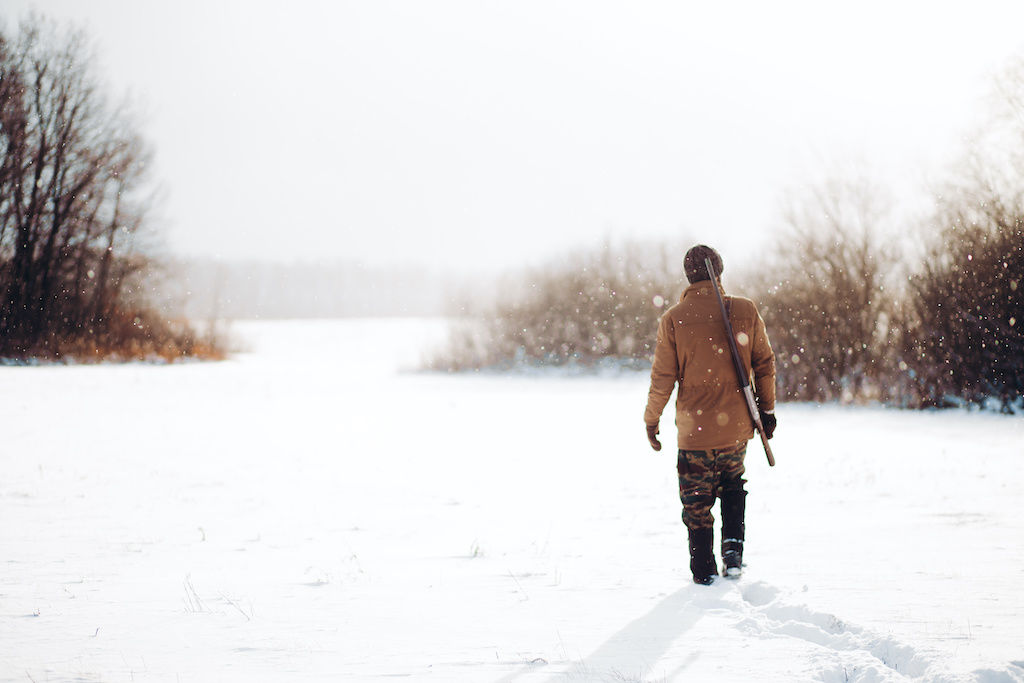
Hunting Checklist for Beginners
Jeffrey Wilkinson
- 0
- 4801
Your choice of clothes and gear is an essential part of your hunting experience. When you are just starting out, it’s important to keep things simple. You don’t want to get bogged down with a lot of different items that might complicate the process. That said, there are a few essentials that every hunter should have in their wardrobe:
*A high visibility jacket and pants: These types of garments can be used for safety purposes as well as convenience. In case you stray off the trail or lose sight of your guide, having bright-colored clothing on will make it easier for rescuers to locate you. They also help prevent other hunters from mistaking you for deer or another animal, which could result in a tragic accident.
*Sturdy, comfortable boots: Hiking through the woods can be tough on your feet, so you’ll need a good pair of boots that can handle the terrain. Make sure they fit well and aren’t too tight or too loose. You don’t want blisters or sore feet to ruin your hunt.
*Socks and gloves: Again, comfort is key when you’re spending long hours in the wilderness. Socks help protect your feet from chafing and blisters, while gloves can keep your hands warm and dry.
*A hat: A wide-brimmed hat will help shield your face from the sun, rain, or snow.
What to bring with you while hunting
Along with the essentials mentioned above, there are a few other items you’ll want to bring with you on your hunt. Some of these include:
*A backpack or duffel bag: This will help carry all of your belongings and make it easier to take them from one location to another.
*Rifle or bow: Depending on what type of hunting you plan on doing, you may need either a rifle or bow as well as any accessories (such as scopes) that go along with that weapon.
*First aid kit: No matter how prepared you think you are for the elements, accidents can always happen. That’s why it’s important to pack a first aid kit in case someone gets injured while out in the woods.
*Food and water: Staying hydrated and well-fed are essential to having a successful hunt, so be sure to pack plenty of water and food for yourself and any other hunters that may be with you.
While there is certainly more that goes into hunting, these are some of the most important items to consider when getting started as a beginner hunter. With the right clothing, tools, and supplies, you can be confident on your next adventure in the great outdoors!
How to choose the right weapon for you
If you’re new to hunting, chances are you’re not quite sure what type of weapon to use. There are a lot of different options on the market, and it can be tough to decide which one is right for you. Here are a few factors to consider when making your decision:
*The type of game you plan on hunting: Different animals require different types of weapons. If you’re only interested in small game, then a shotgun might be the best option. But if you want to go after larger prey, then you’ll need something with more power, such as a rifle.
*Your budget: Hunting equipment can be expensive, so it’s important to consider how much money you’re willing to spend on a new weapon. If you’re on a tight budget, then you might want to consider renting or borrowing a gun instead of buying one outright.
*Your experience level: If you’re just starting out, then it’s probably not wise to invest in a high-powered rifle. Stick to something simpler until you get more experience under your belt.
These are just a few things to keep in mind when choosing a hunting weapon. Talk to more experienced hunters or visit a local sporting goods store for more advice on picking the right gun for you.
Tips for tracking prey
One of the most challenging (and rewarding) aspects of hunting is tracking down your prey. This can be difficult, especially if you’re new to the sport. But with a little practice and some helpful tips, you’ll be tracking like a pro in no time!
*Look for signs of movement: When you’re out in the woods, keep an eye out for any movement that might indicate an animal is nearby. This could be something as small as a rustling in the bushes or a broken twig on the ground.
*Follow tracks: If you see tracks, try to follow them to see where they lead. This can be tricky, especially if the animal has backtracked or gone off the trail, but with a little patience and perseverance you should be able to locate your target.
*Study the patterns of local wildlife: If you’re having trouble tracking your prey, it might help to learn more about their natural behaviors. For example, if you know that deer tend to stay close to water sources during the day and venture out at night, then you can use this information to predict where they will likely be found.
Being able to track animals takes time and practice, but with some dedication and effort, you can become a skilled hunter in no time!
Safety precautions to take while hunting
Hunting is a fun and exciting sport, but it’s important to always practice safety first. Here are a few things to keep in mind while you’re out in the woods:
*Wear bright colors: Wearing bright colors will help make you more visible to other hunters and avoid any accidental shootings.
*Make sure your gun is unloaded: Before you head out, double-check to make sure your gun is unloaded. This seems like a no-brainer, but it’s always better to be safe than sorry.
*Be aware of your surroundings: Pay attention to your surroundings at all times and be on the lookout for any potential hazards. This includes things like steep cliffs, deep water, or dense brush that could make it difficult for you to get out of harm’s way.
Following these simple safety precautions will help keep you safe and injury-free as you pursue your next big game trophy!


